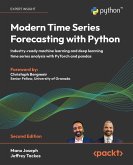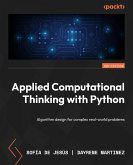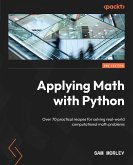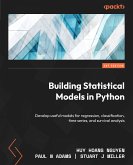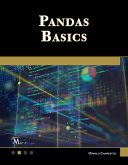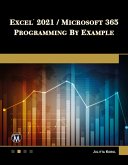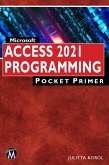This updated edition introduces computational physics for performing experiments on the computer. It provides a grounding in scientific programming with examples in the context of physics problems. Using C++ as the primary language, it covers interpolation, integration, and solving differential equations, from simple concepts to advanced topics. The book includes a chapter on high-performance computing and parallel programming.
Understanding computational physics is crucial for data manipulation and real-world simulations. The book starts with introductory topics and progresses to advanced material, including a C++ library and sample programs. Readers will learn problem-solving methods and constructing models.
This journey equips readers with skills for scientific tasks, demonstrating efficient problem-solving and model construction. The practical approach ensures users can apply these concepts in real-world scenarios, making it an essential resource for those interested in computational physics.
Understanding computational physics is crucial for data manipulation and real-world simulations. The book starts with introductory topics and progresses to advanced material, including a C++ library and sample programs. Readers will learn problem-solving methods and constructing models.
This journey equips readers with skills for scientific tasks, demonstrating efficient problem-solving and model construction. The practical approach ensures users can apply these concepts in real-world scenarios, making it an essential resource for those interested in computational physics.
Dieser Download kann aus rechtlichen Gründen nur mit Rechnungsadresse in A, B, BG, CY, CZ, D, DK, EW, E, FIN, F, GR, H, IRL, I, LT, L, LR, M, NL, PL, P, R, S, SLO, SK ausgeliefert werden.



